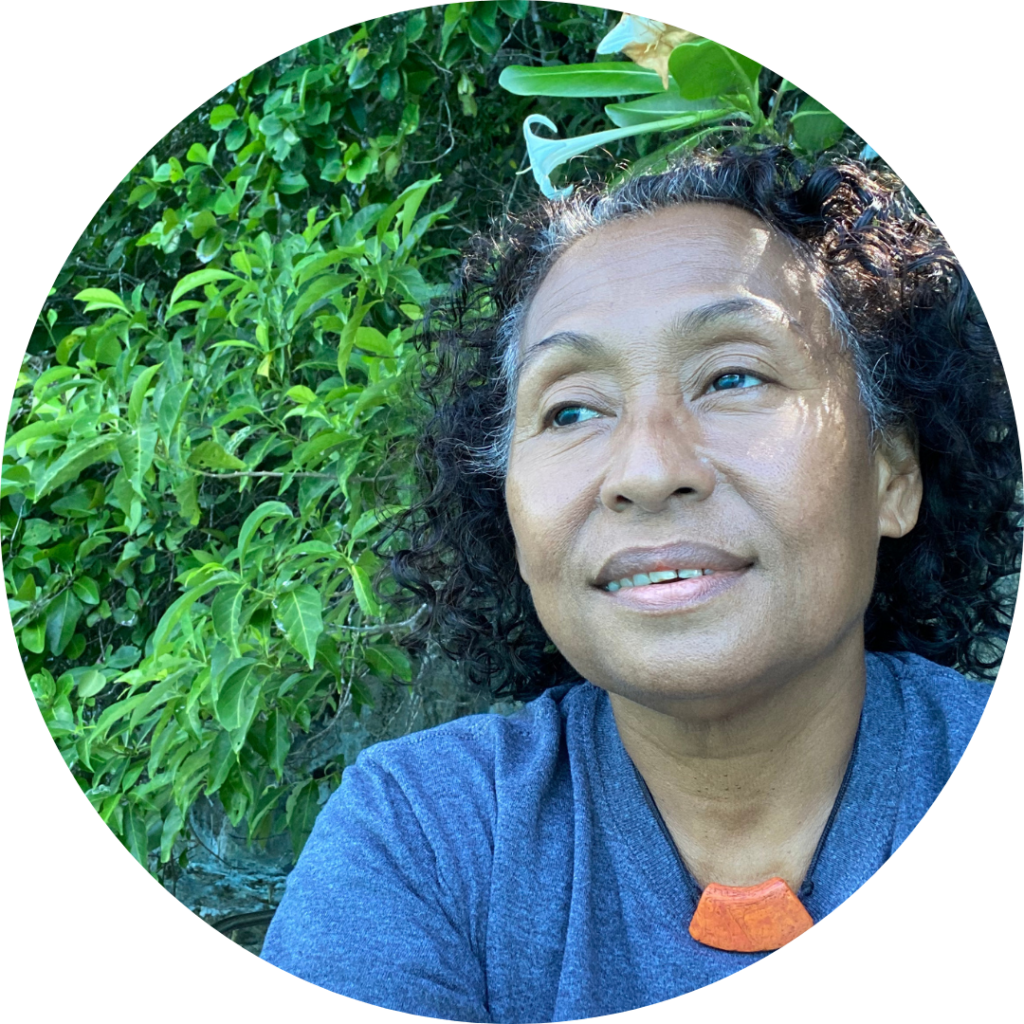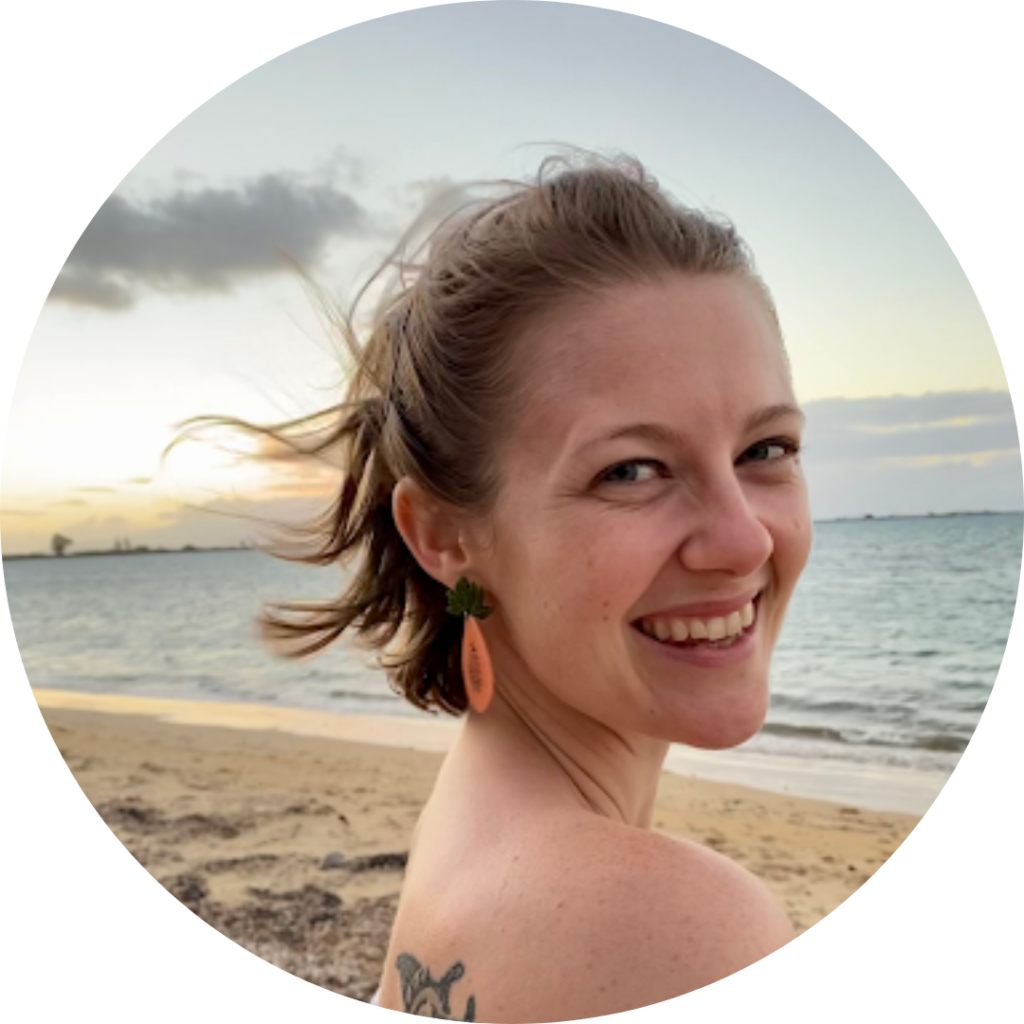2022 marks the International Year of Artisanal Fisheries and Aquaculture, launched by the United Nations to illuminate the contributions of small-scale fisheries and aquaculture (SSFA) to sustainable development. SSFA play a critical role in food and nutrition security, producing over half of the world’s fish catch and providing livelihoods for more than 800 million people. The Blue Food Assessment paper “Harnessing the Diversity of Small-Scale Actors is Key to the Future of Aquatic Food Systems” (Short et al. 2021) highlights the incredible diversity of small-scale actors, including their adaptive ability to respond to trends and shocks like climate change and COVID-19. However, SSFA are often overlooked in global food systems dialogues and decision-making.
The Our Ocean Conference, happening this April, will convene partners from across the globe in the Republic of Palau to identify solutions to manage marine resources, strengthen the ocean’s resilience to climate change and safeguard its health for future generations. One action area of the conference is ‘Advancing Sustainable Small-Scale Fisheries and Aquaculture,’ placing a spotlight on vital contributions of SSFA in food systems. Below, Ann Singeo and Caroline Ferguson, researchers of marine resource management and sustainable food systems, discuss their collaborative research on food systems in Palau and the Pacific and share how community resilience, traditional knowledge and local practices can support healthy food systems in the future.

Ann Singeo is the executive director at the Ebiil Society in Palau and a panelist at the Our Ocean conference. She co-founded the Ebiil Society 17 years ago with a mission to improve environmental protection through an integrated approach based on combining traditional ecology and biodiversity knowledge with Western science. Rooted in Indigenous knowledge, the organization seeks to inspire the protection and proper management of the environment.

Caroline E. Ferguson, Ph.D. is a postdoctoral scholar at UC Santa Barbara and co-author of the Blue Food Assessment paper on small-scale fisheries and aquaculture. Her Ph.D. research examined how fishers’ identities shape their use and management of marine resources in Palau. She now investigates the equity and justice dimensions of fisheries management, working with local partners to examine participation in and compliance with customary and centralized management systems in the Pacific through an intersectional gender lens.
BFA research emphasizes the critical role SSFA play in improving food and nutrition security. How have you seen SSFA contribute to these goals in the Pacific?
Singeo: Small-scale fisheries are a way of life—we like to refer to ourselves as the ocean people. Aquaculture is also not new to the Pacific Islands. While it has modernized over time, the practice goes back thousands of years. There are so many different types of aquaculture across the Pacific, whether it’s trapping fish in a lagoon or transplanting seedlings to create new habitats. Fisheries and aquaculture are long-lasting traditions for people of the ocean that have endured for generations. Even today, around 70% of Palauan people still rely on the ocean for their food.
Your recent research explores how different communities in the Pacific responded during the first 5-10 months of the COVID-19 crisis. What did you learn from speaking with local leaders and how does this research shed light on how Pacific communities might maintain food system resilience in the face of climate change?
Ferguson: When markets were interrupted at the start of the COVID-19 pandemic, communities that were less reliant on imports, had stronger traditions of local food production and had systems for food sharing were more resilient to those shocks. An important nuance is that some places experienced natural disasters at the same time as the economic and health crises of COVID-19: so where local food production was not possible, communities relied on imported foods. The study points to an important middle ground. We need policies that support local food production and support traditional practices and food management systems, but that shouldn’t be at the complete exclusion of emergency support when it’s needed. Supporting robust local food systems can also provide resilience in the face of future climate shocks.
Singeo: We also did a study on Palau’s resources and the gender division of resource use. While the island is highly dependent on imports as a food source, Palauans still rely on local natural resources for fish 50% of the time. When you think about factors that increase the vulnerability of island people in times of crisis, these findings open up a dialogue about developments that support local, small-scale fishers and community resilience.
You mentioned the gender division of resource use. Could you expand on that? How does gender play a role in Palau’s fisheries?
Singeo: One of the challenges has been that historically, we’ve tried to identify women’s role in male-dominated fisheries instead of exploring what types of fisheries women already participate in. We’ve missed opportunities to work with women fishers because we don’t think of them as fishers, but they are. In this gender study, gleaning, for instance—gathering sea cucumbers and clams in inner reef seagrass and mangrove areas— is a woman-dominated fishery. Across the Pacific, women dominated those fisheries, in Palau by as much as 85% in the case of sea cucumbers.
Ferguson: Often, the focus is commercial, high-value fisheries, which tend to be male-dominated. Of course, these fisheries are hugely important to local culture and economies in the Pacific, but gleaning and other women-dominated fisheries are just as important. Shifting our focus from an orientation around cash and thinking more holistically about food culture allows us more space to explore the role of women in fisheries and aquaculture.
The Our Ocean Conference, hosted this year by the Republic of Palau, brings together governments, private sector and civil society decision-makers. What types of questions should these decision-makers consider to better support SSFA?
Ferguson: I think so often in academia we separate the ocean from the land. But in reality, a food system is not just the ocean or the land—on a Palauan plate, you don’t just see fish, you also see taro. I think it’s important to ask questions about how these systems are interconnected.
Singeo: We hosted a fishers’ forum in March that raised questions about the types of food systems and food sharing we have in Palau, both on land and in the ocean. How can we dig deeper into traditional knowledge that has not typically been acknowledged in mainstream dialogues regarding sustainable fisheries management? How do we shift our thinking to look at this community capital? Fishing is still happening in our communities and it’s important to ask questions and explore what the Palauan way of life and thinking can offer to fisheries management systems.
How might global food systems dialogues integrate local food system perspectives in decision-making?
Singeo: I think we’ve started this work, that’s what we’re doing even right now. Food sharing, for example, is an enduring tradition and one that has gone unrecognized when we focus too heavily on large-scale commercial fishing. This is what we owe—serving people by making culture and community resilience part of mainstream conversations. Talking about not only the environment and the effects of climate change, but also people and lives.
Ferguson: When looking ahead to climate impacts, we can’t anticipate what exactly those will look like in different Pacific island nations. But we do know that Palau has been inhabited for thousands of years. In that time, Palauans have dealt with a wide variety of environmental impacts. Atolls are not easy places to live. There is a lot of knowledge already about how to deal with extreme environmental events. While it will be important to remain adaptive and creative, there’s a lot of knowledge to draw from.
In ten years, what steps do you hope have been taken towards truly sustainable, equitable, profitable and resilient SSFA? In fifty years?
Singeo: Typically, it takes at least 10 years to realize the full impacts of certain decisions on fisheries and ocean ecosystems, so we need to consider long-term, positive change. It’s important to focus on what people do and think, rekindling a sense of connection to nature that encourages people to embrace a conservation mindset and peaceful interactions between humans and nature. We’re seeing some positive changes. Perhaps most importantly is we tend to overfocus on observing changes in the environment and leave people outside of that formula. If you want to see how things will be in the future, you need to look at what people are doing today.
Ferguson: When I look back on the last 10 years in small-scale fisheries in the Pacific and worldwide, the trends I find alarming are commercialization, consolidation, accumulation and industrialization. But the stories from Palau and the Pacific that I find inspiring are stories of reimagination and decolonization, of reclamation and restoration. I hope in 10 years we see a reversal of those trends—that we see more local food systems used for local food. I hope to see not only food security but food sovereignty—the right of people to choose culturally appropriate and sustainably produced foods. There are already examples of these stories across the Pacific, and I hope to see these systems continue to flourish.
Read ‘Key findings from Palau’s gender and marine resources assessment’ >
Learn more about the Ebiil Society >
Learn more about the Blue Food Assessment SSFA paper >
